A long-standing legal defense, which LGBTQ+ advocates have condemned for decades, has officially been outlawed in Michigan this week.
Panic Defenses Barred in Michigan

Michigan has become the 20th state in the US to block defendants from using ‘gay panic’ or ‘trans panic’ as a legal defense for violent crimes.
House Bill 4718

Gov. Gretchen Whitmer signed House Bill 4718 into law on Tuesday, confirming that an individual’s perceived or actual gender or sexual orientation can no longer be used as a legal strategy to justify crimes.
Gay and Trans Panic

‘Gay/trans panic’ refers to a legal argument used by defendants who claim that acts of physical assault and/or murder were the result of extreme panic over the victim’s gender or sexual identity, resulting in violence.
Reasons For Defense

Common uses include legally defending an attack on a gay person who makes an unwanted romantic or sexual advance toward the perpetrator or an attack on a trans person who engages in sexual intercourse with the perpetrator without revealing their assigned sex at birth.
In Conjunction With Other Defenses

While historically, it cannot be used as a sole defense for a crime, it has often been used alongside other defenses and strategies to reduce sentencing.
The Bill States

“Evidence of the discovery of, knowledge about, or potential disclosure of an individual’s actual or perceived sex, gender identity, gender expression, or sexual orientation is not admissible for any of the following purposes: to demonstrate reasonable provocation; to show that an act was committed in a heat of passion; to support a defense of reduced mental capacity,” the bill reads.
Reinforcing Queer Discrimination?
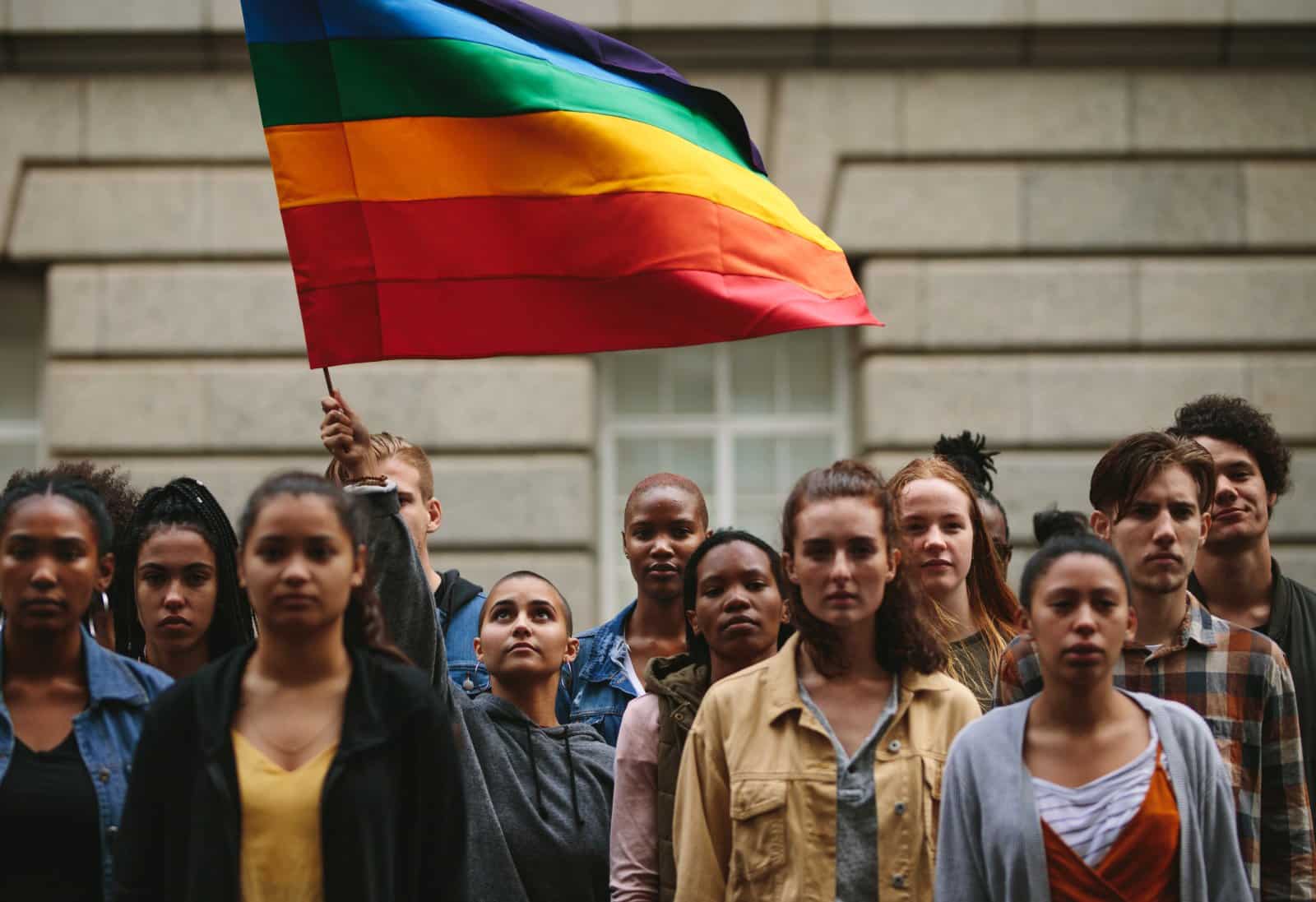
Supporters of the bill have claimed that the defense justifies and reinforces anti-LGBTQ+ discrimination, making queer communities in Michigan less safe overall.
Expanding Safeguards For LGBTQ+
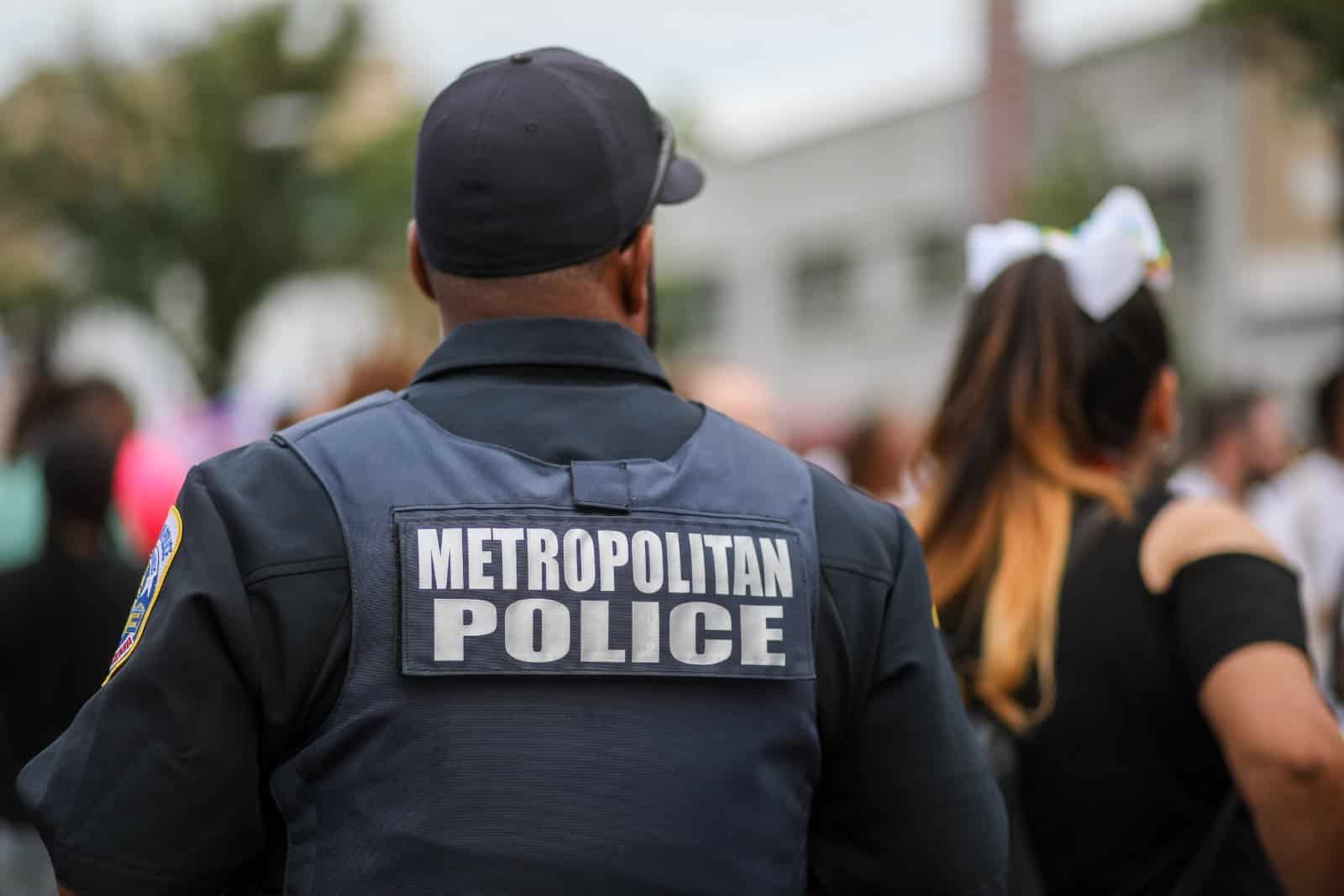
Whitmer issued a public statement on the bill, asserting that it “significantly expands legal safeguards for the LGBTQ+ community by protecting them from violent acts of discrimination, prejudice, and hate crimes.”
39 Bills in One Week

Whitmer, who is currently one of a number of potential running mates being considered by Kamala Harris, signed 39 bills into law earlier this week.
“A Huge Step”

The author of the bill, State Rep. Laurie Pohutsky (D-Livonia), lauded Whitmer’s decision, calling it “a huge step toward securing a safe and inclusive state for all Michiganders.”
Safer For Queer Communities

“Now that this legislation is law, members of our queer communities are even safer, and their freedoms even more secure,” Pohutsky continued. “I am both thankful and proud that my colleagues in the House and Senate have supported protections for LGBTQ+ folks in Michigan.
American Bar Association Proposal
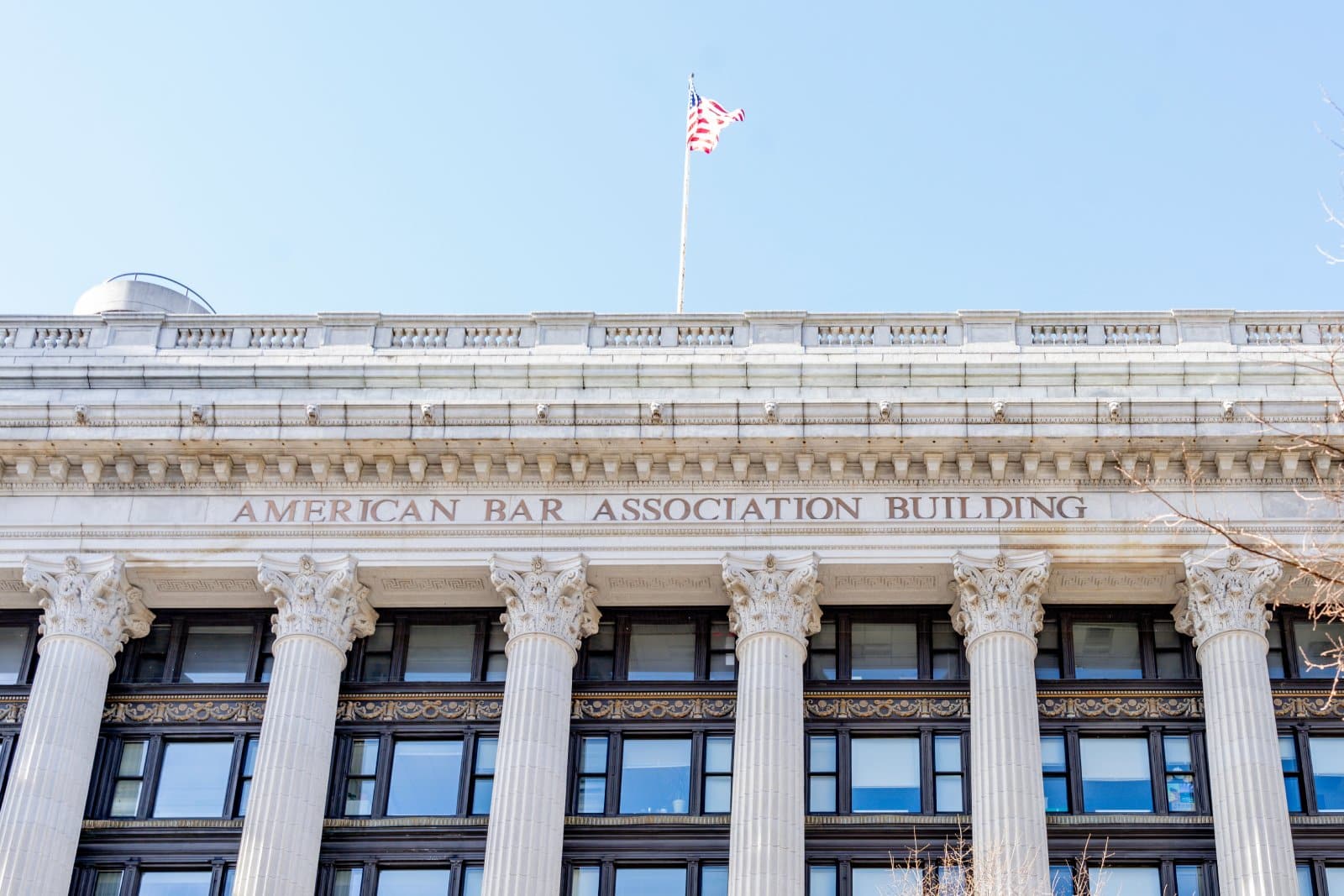
LGBTQ+ advocates and legal groups have been pushing to ban this defense across the country, including the American Bar Association, which proposed a resolution in 2013 to “take legislative action to curtail the availability and effectiveness” of the ‘panic’ defense.
California First
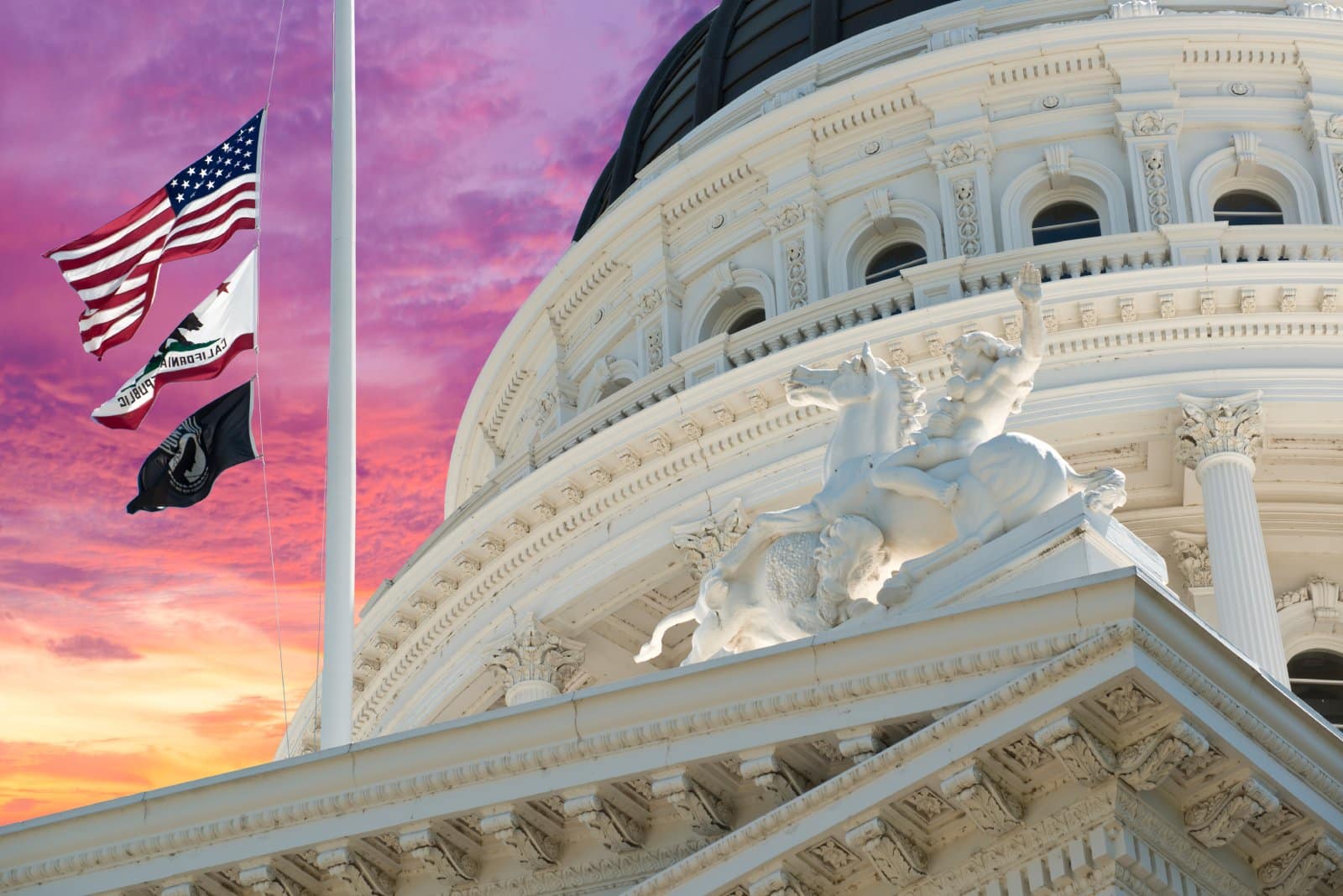
California was the first state to outlaw the defense in 2006. While it is still legally allowed in most states, Michigan is now the 20th to bar it, with more states expected to follow in the future.
20 States
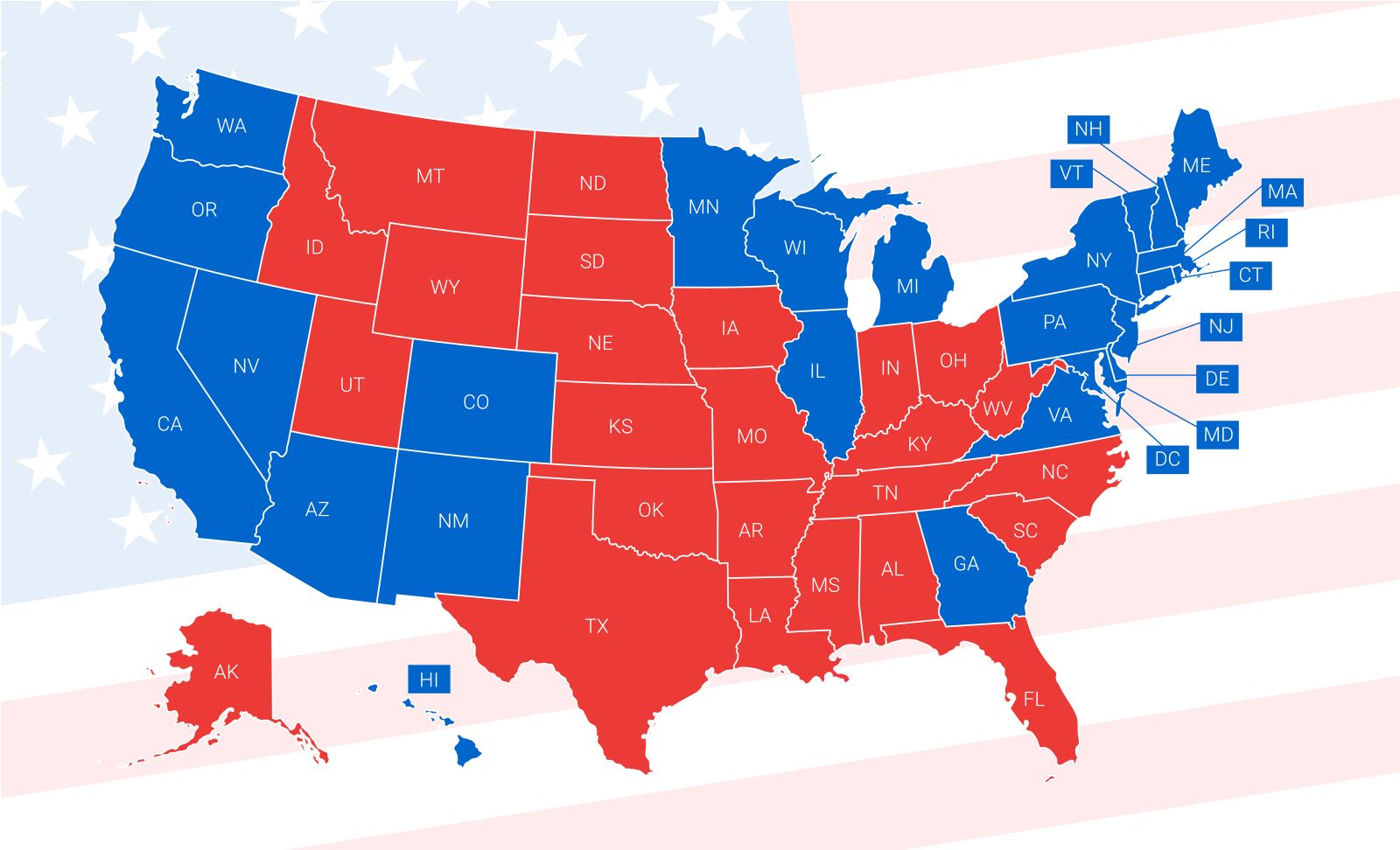
States where the ‘gay/trans panic’ defense is outlawed include: California, Illinois, Rhode Island, Connecticut, Hawaii, Maine, Nevada, New York, D.C., Colorado, New Jersey, Washington, Maryland, Oregon, Vermont, Virginia, New Mexico, New Hampshire, Delaware, Minnesota and Michigan, according to the National LGBTQ+ Bar Association.
Proposed and Rejected
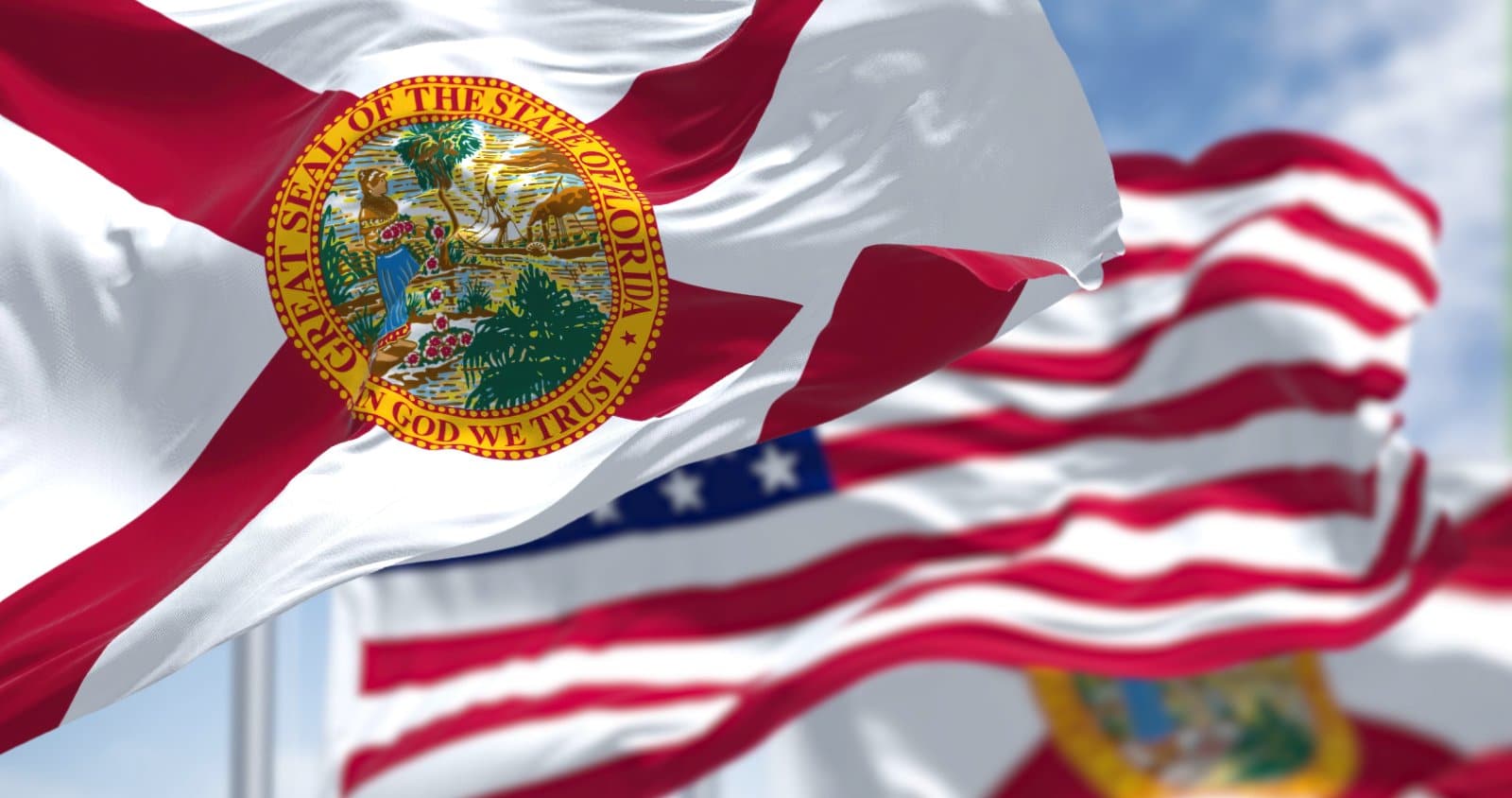
States where legislation has been proposed and rejected include Arizona, Arkansas, Florida, Iowa, Montana, Wisconsin, Georgia, Massachusetts, Nebraska, North Carolina, and Texas, according to the National LGBTQ+ Bar Association.
Invoked Many Times

The same defense has been invoked in multiple high-profile cases in previous decades, with varying degrees of success.
Infamous Murder Trials

Attorneys used it in trials for the murder of trans man Brandon Teena in 1993, Matthew Shephard in 1998, and Daniel Spencer in 2016, among others.
James Miller’s Defense
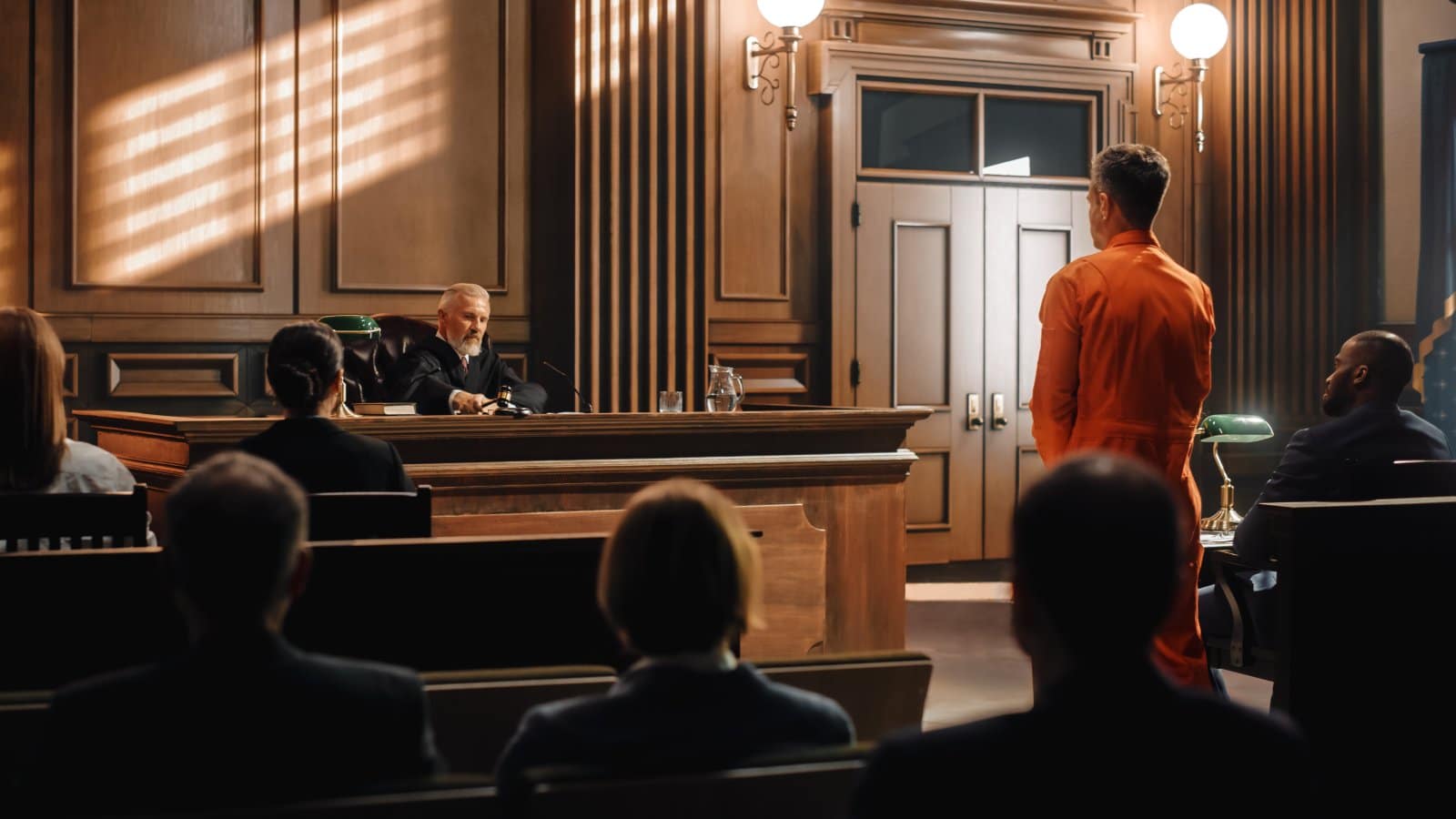
In the third case, James Miller received only six months in jail and ten years probation after Miller murdered Spencer, who he claimed tried to kiss him.
Years of Study

Carsten Andresen, an assistant professor of criminal justice at St. Edward’s University, has spent years studying the use of the ‘panic’ defense in the US legal system.
Use More Than 700 Times

His findings show that the defense has been used more than 700 times in murder cases between the years of 1970 and 2024. The analysis also found that the defense helped to reduce prison time in a third of all cases.
21 Beliefs About the Bible That Are Actually False

The Bible is one of the most discussed and debated books in history, yet many common beliefs about it are more myth than fact. How many of these misconceptions have you heard before? 21 Beliefs About the Bible That Are Actually False
21 Subtle Racisms That Are Commonplace in America

Racism in America isn’t always overt; it often hides in plain sight through subtle actions and attitudes. How many of these subtle racisms have you noticed around you? 21 Subtle Racisms That Are Commonplace in America
Only Legal in America: 21 Things You CAN’T Do in the Rest of the World
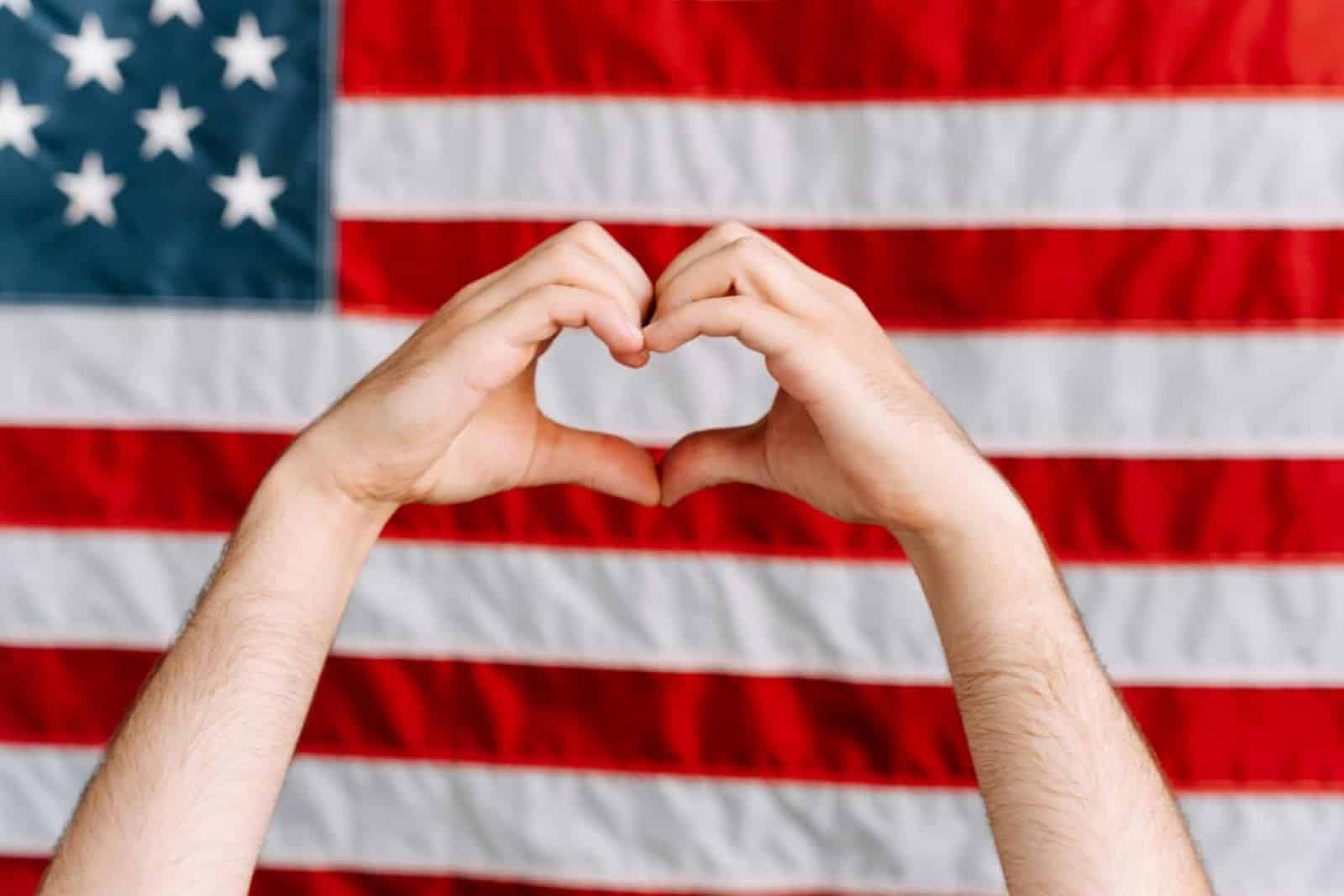
The U.S. dances to its own beat, especially when it comes to laws that make the rest of the world do a double-take. Here’s a lineup of things that scream “Only in America,” sticking strictly to what’s written in the law books. Ready for a tour through the American legal landscape that’ll leave you wondering if freedom might just be a bit too free? Only Legal in America: 21 Things You CAN’T Do in the Rest of the World
Featured Image Credit: Shutterstock / Gints Ivuskans.

